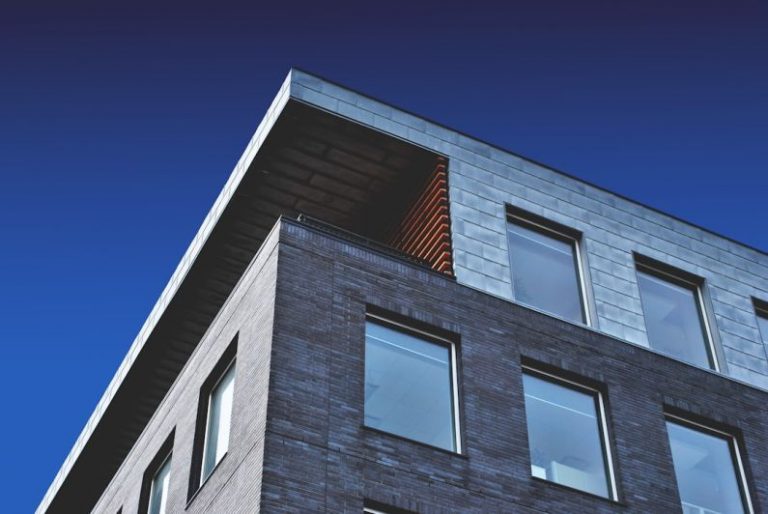
Urbanization is a global phenomenon that continues to shape the landscape of cities around the world. As more people migrate from rural areas to urban centers in search of better opportunities, the demand for housing in these areas has skyrocketed, leading to significant impacts on real estate prices. The rapid pace of urbanization has brought about a host of challenges and opportunities for the real estate market, influencing everything from property values to housing affordability.
**The Rise of Urbanization**
Urbanization is a process that involves the growth and expansion of urban areas as more people move from rural regions to cities in search of employment, education, and improved quality of life. This trend has been fueled by various factors, including industrialization, globalization, and population growth. As urban populations continue to swell, the demand for housing in cities has surged, leading to a surge in real estate prices.
**Supply and Demand Dynamics**
One of the key ways in which urbanization impacts real estate prices is through the interplay of supply and demand dynamics. As more people flock to urban areas, the demand for housing increases, putting pressure on the limited supply of available properties. This imbalance between supply and demand often results in bidding wars and drives up real estate prices, making it increasingly challenging for individuals to afford homes in urban centers.
**Gentrification and Displacement**
Urbanization has also fueled the phenomenon of gentrification in many cities, where affluent individuals move into low-income neighborhoods, leading to the revitalization of these areas but also displacing long-time residents. Gentrification can have a significant impact on real estate prices, as property values in formerly neglected neighborhoods skyrocket due to increased demand from wealthier residents. While gentrification can bring economic development to these areas, it also raises concerns about social equity and housing affordability.
**Infrastructure Development**
Another way in which urbanization influences real estate prices is through infrastructure development. As cities grow and expand to accommodate their burgeoning populations, investments in infrastructure such as public transportation, roads, and utilities become essential. The construction of new infrastructure projects can have a significant impact on real estate prices, as properties located near transportation hubs or in areas with improved infrastructure tend to command higher prices due to increased accessibility and convenience.
**Housing Affordability Crisis**
The rapid pace of urbanization has contributed to a housing affordability crisis in many cities around the world. As real estate prices continue to soar, a growing number of individuals are finding it increasingly difficult to afford housing in urban centers. This affordability crisis has far-reaching implications, affecting not only low-income residents but also middle-class families who are being priced out of the housing market. Policymakers are grappling with the challenge of addressing this issue through measures such as affordable housing initiatives and rent control regulations.
**The Future of Real Estate Prices in Urban Areas**
Looking ahead, the impact of urbanization on real estate prices is likely to continue as cities grapple with the challenges of accommodating their growing populations. The need for affordable housing, sustainable urban planning, and equitable development will be key considerations in shaping the future of real estate prices in urban areas. As cities evolve and adapt to the demands of urbanization, the real estate market will undoubtedly undergo further transformations, presenting both opportunities and challenges for investors, developers, and residents alike.
Urbanization is a complex and multifaceted phenomenon that exerts a profound influence on real estate prices in cities around the world. The interplay of supply and demand dynamics, gentrification, infrastructure development, and the housing affordability crisis all contribute to shaping the real estate market in urban areas. As cities continue to grow and evolve, it is imperative for stakeholders to address these issues proactively and collaboratively to ensure that urbanization benefits all residents and fosters inclusive and sustainable communities.





